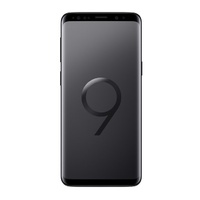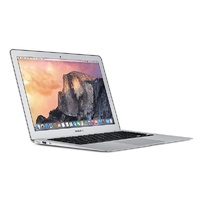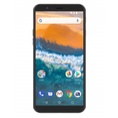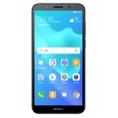Desktop Computers Questions & Answers
How to prevent getting hacked
For several months now (since the PSNetwork got hacked), all kinds of hacking groups started exposing multiple vulnerabilities either on the websites or the kinds that affect normal Windows users. I`m not being paranoid but can a user really protect himself from getting hacked, participating in DDoS without his knowledge, etc...Can this happen without migrating to other more secure operating system or should i start learning bash and install something linux based :)
Display mode:
































For the safe browsing I read about some plugins for firefox which will help the more paranoid users feel safe(I read about them in an Anonymous paper which I stumbled upon):
- AdBlock Plus - blocks most of the internet services that track your activity
- NoScript - Disables JAVA on sites
- BetterPrivacy - as far asa i read it identifies and removes cookies(but i never used it)
- Ghostery - similar to BetterPrivacy
- HTTPS Everywhere - ensures the secure communication with every site that uses the protocol (you can reaqd more about it here https://www.eff.org/https-everywhere )
- BlackSheep Firesheep Detector - it is not a joke you can read about it here http://research.zscaler.com/2010/11/blacksheep-tool-to-detect-firesheep.html
It prevents someone using Firesheep to sniff packets from your PC in your network(musthave plugin if you use public networks frequently)
Change your most important passwords monthly and always keep your recovery mails available because if they expire someone can register them and reset your main mail`s password...than it is just a matter of imagination.
I think that summarizes everything I`ve read and used recently
1.) Have installed latest OS updates
2.) Have installed an antivirus (AVG free works just fine for me)
3.) Use common sense while browsing unknown sites + Google Chrome is pretty good when googling as it tells you whether it thinks the site you're about to enter can harm your PC
4.) Not using the same user/pass combo for more than one site
5.) Using Incognito/Private browsing mode when not on my PC (just in case you forget to log out)
Never heard of the service in the first post - HTTPS everywhere, but it sounds like a thing worth checking.